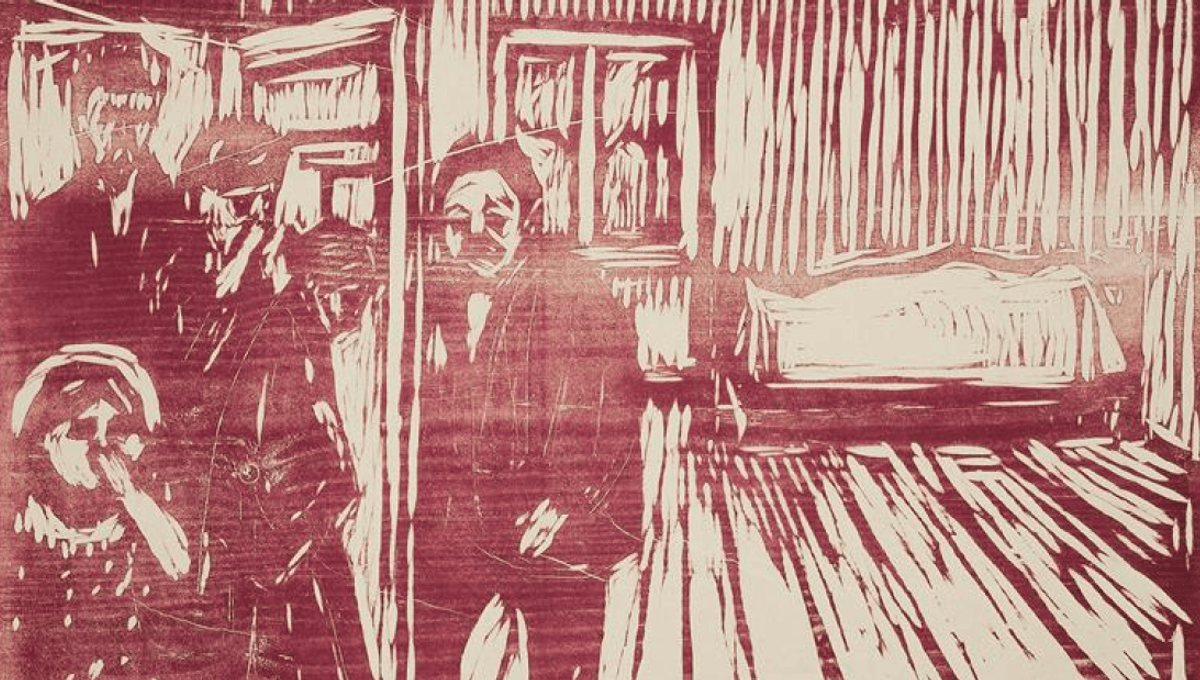
Did you know that flies can smell a body from miles away and even dig down as far as 2 meters (6.5 feet) to wriggle into a coffin and lay their eggs? They’re lured in by chemical signals, but it seems it’s not just scavengers that can detect the smell of death. Research has uncovered how a compound released by corpses can have a surprising influence on human behavior, even when we don’t realize we’re smelling it.
When we die, our bodies release something called putrescine, which is responsible for the horrendous smell that comes from rotting meat – human or otherwise. A 2015 study set out to investigate if it could constitute a threat signal that brings about defensive and escape-related behaviors in humans.
It did this in four ways:
- Experiment 1 explored the effect of putrescine on vigilance. Participants were randomly assigned to one of three controls: putrescine, ammonia, or water, which were dabbed on cotton wool pads one hour before the interactive part of the study began. Then, a reaction time computer test began as they were instructed to click on a red dot as quickly as they could.
- Experiment 2 looked at whether putrescine had an influence on escape behavior. Participants were exposed to a scent condition of either putrescine, ammonia, or water and then asked to walk away over a distance of 80 meters (262 feet) to see if and how the time taken varied.
- Experiment 3 looked at escape behavior and thoughts by exposing participants to putrescine, ammonia, or water and getting them to do a word-stem completion task (where blanks are filled, so “b_nk” could be bank, bonk, bunk, for example). They then also took a walk of 60 meters (197 feet) to see how long it took.
- Experiment 4 looked for influence on defensive behaviors and whether putrescine had an effect even when the smell couldn’t be detected by the person. They did this by exposing them to tiny concentrations of putrescine and ammonia, and then asked them to read an essay in which the author was being critical of Western values. After, participants were asked questions about their feelings towards the author, and their desire to escape was put to the test by seeing how quickly they finished the final questionnaire.
The study found that exposure to putrescine resulted in heightened vigilance among participants, even when they weren’t aware they were smelling it. Participants in the putrescine condition also seemed to walk faster in the escape experiments, and exhibited more hostility and defensive behaviors than those in the other conditions. It could be that this is a helpful adaptation to a chemical signal in triggering the kinds of fight or flight behaviors that might just keep us alive in a dangerous situation, though questions remain as to what threat putrescine is warning us of.
“As a whole, the findings indicate that even brief exposure to putrescine mobilizes threat management responses designed to cope with environmental threats,” concluded the authors. “These are the first results to show that a specific chemical compound (putrescine) can be processed as a threat signal.”
“An important direction for future research will be to understand the precise nature of the threat produced by putrescine (e.g., microbial, predatory). Our view is that putrescine is relevant to both of these domains, though the immediate context should determine which type of threat is more primary.”
So, if the smell of rotting meat gets your back up, you’re not alone.
The study is published in the journal Frontiers in Psychology.
Source Link: The Smell Of Death Has A Strange Influence On Human Behavior